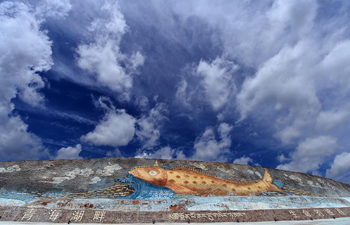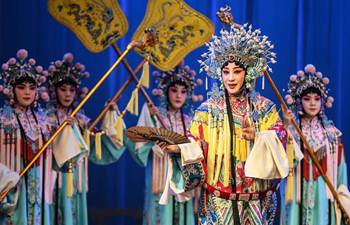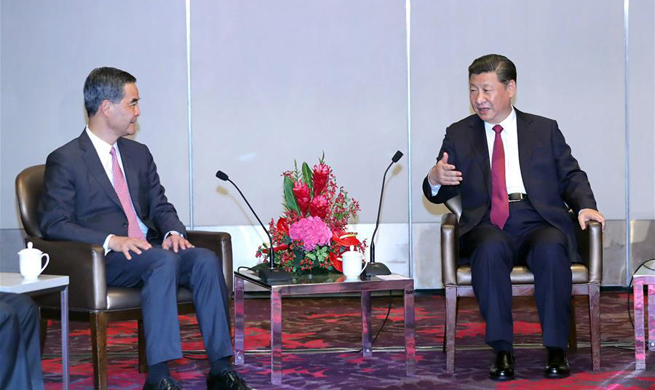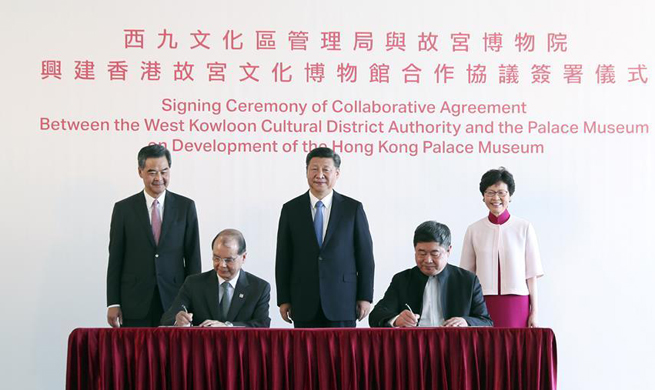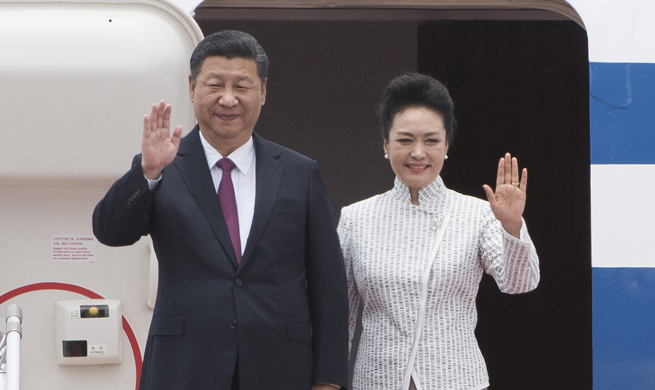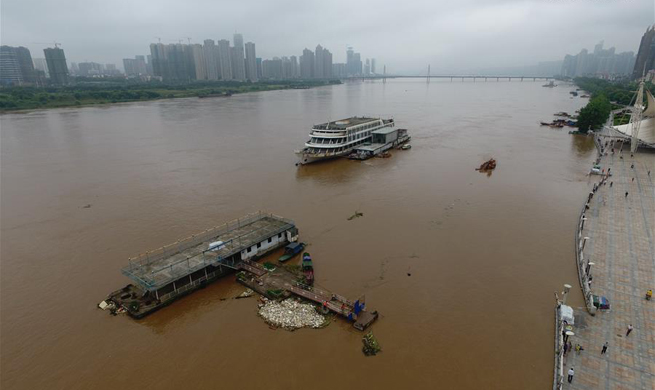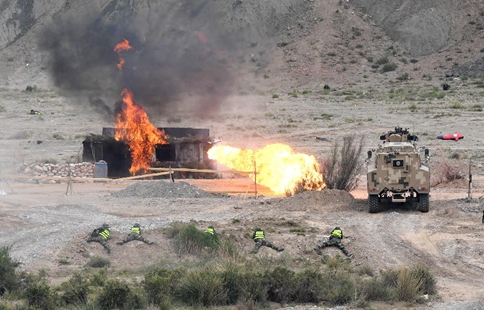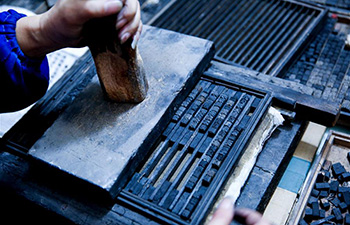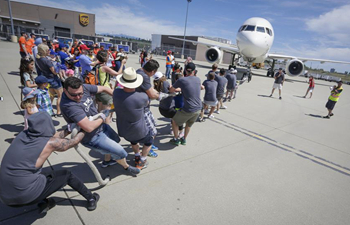GUANGZHOU, June 29 (Xinhua) -- China has finished political and disciplinary inspections of 31 major universities, including Peking and Tsinghua universities.
A meeting of the Political Bureau of the Communist Party of China (CPC) Central Committee on Wednesday reviewed a report on the inspections.
Some of the universities were found to have problems such as private use of public vehicles, banquets at public expense and overseas business trips against regulations, according to the Central Commission for Discipline Inspection in June.
High risks of graft were found in operation of university-affiliated businesses, construction projects, and management of research funds.
Over the last five years, inspections have covered local governments, public institutions, state-owned enterprises, financial institutions and universities for the first time since the Party was founded in 1921.
More than 200 vice-ministerial or higher levels of officials and managers have been investigated since the 18th CPC National Congress, according to Zhang Hao, a professor from Party School of the Guangdong Provincial Committee of CPC.
"The number has tripled that of the 2007 to 2012 period," he said.
Apart from "tigers", or high-level officials engaged in major graft cases, "flies," or grass-root officials, have also been addressed.
A report released by the Supreme People's Procuratorate of China in March said graft cases of over 17,000 low-level officials had been handled over the past year, mainly in land grabs, demolitions and fund management related to agriculture, rural area and farmers.
Chen Guoqin, a township-level land resources cadre in Qijiang District of southwest China's Chongqing Municipality, was removed from duty in 2015 after receiving chickens, meat and 20,000 yuan (3,000 U.S. dollars).
"I slept at a bus station for a night, as Chen took all my cash from me for an application for a property certificate," the farmer who reported Chen for graft recalled.
As the anti-corruption storm intensifies across China, efforts are spread abroad to chase back the corrupt suspects on the run around the world.
The office in charge of fugitive repatriation and asset recovery under the central anti-corruption coordination group said since it was established three years ago, more than 3,000 people who had escaped overseas had returned or been repatriated from 90 countries and regions, including 541 CPC and government workers.
Over 9 billion yuan has been recovered, according to figures released earlier this week.
The CPC also introduced rules and regulations, such as the norms of the political life within the Party under the new situation and a regulation on intra-Party supervision.
These rules are a tool for supervision that ask CPC members to police themselves, assist inspections within the Party and encourage the public to take part in the anti-graft drive.
A survey by the National Bureau of Statistics in late 2016 showed 92.9 percent of the people satisfied with the ethical conduct and anti-corruption campaigns of the CPC, 17.9 percentage points higher than in 2012.
Wang Yukai with the Chinese Academy of Governance said the anti-graft battle since the 18th CPC National Congress had mainly targeted existing cases, and more systematic efforts were expected to prevent new cases from happening.




